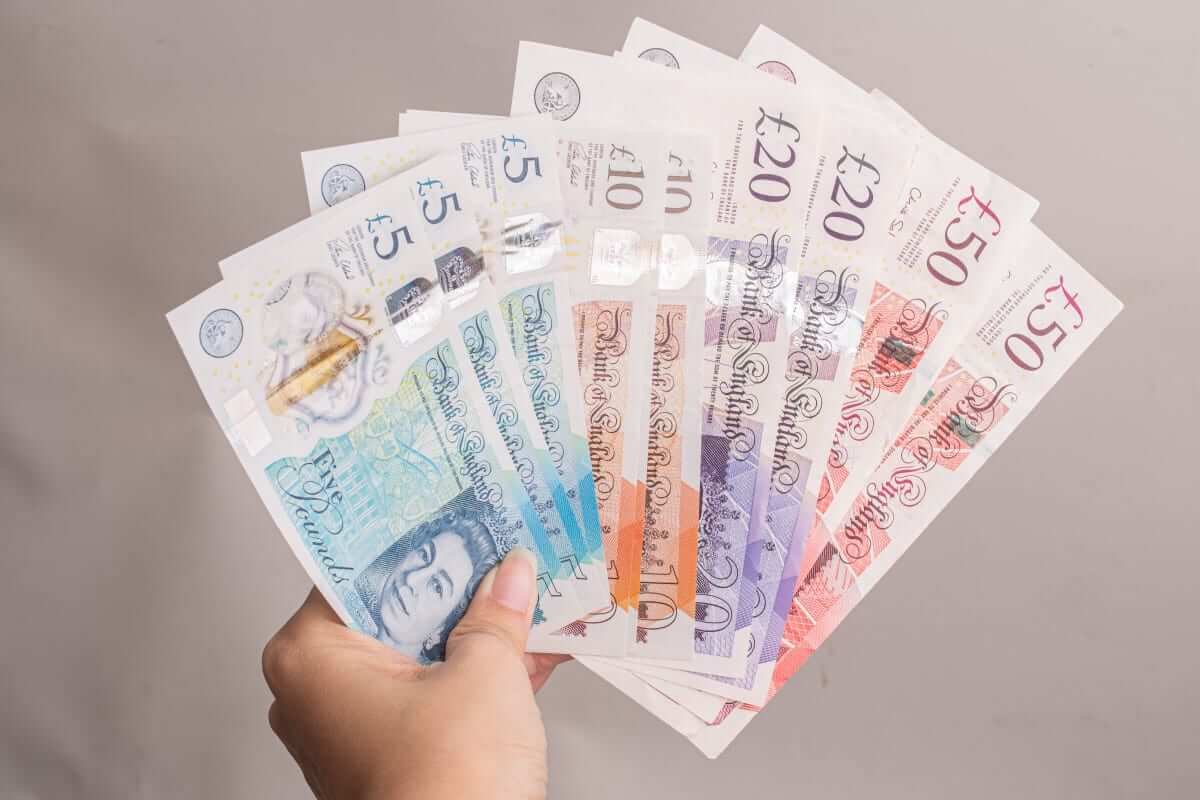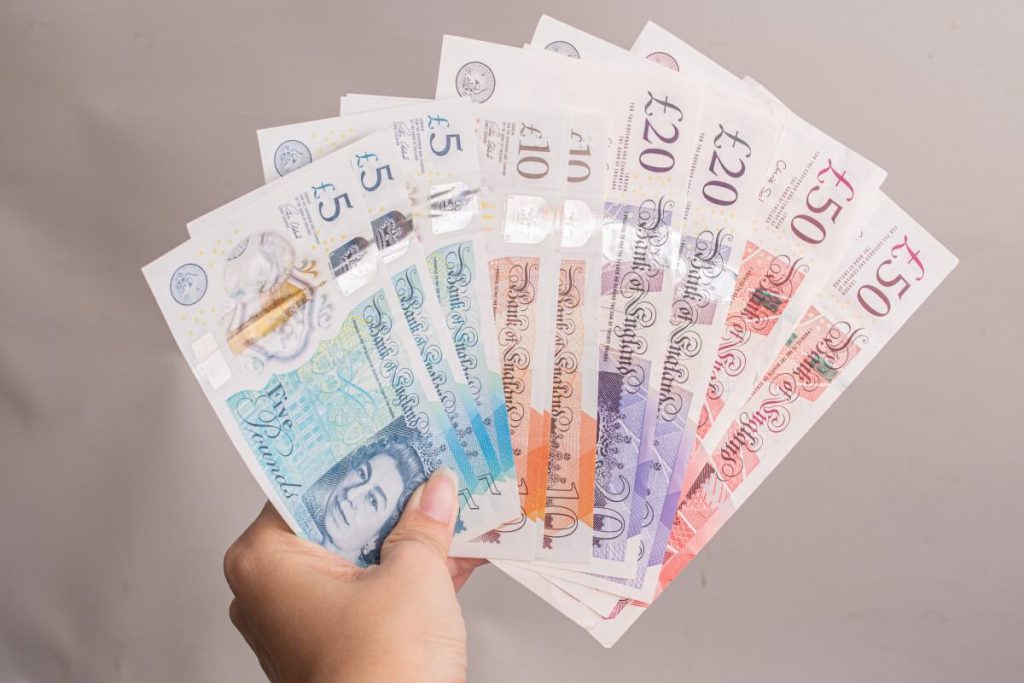
Why Is the British Pound Falling?
The pound fell to a record low against the dollar after investors rushed to dump the currency and government bonds in protest of new Prime Minister Liz Truss’s economic policies, which include huge tax cuts paid for by steep rises in government borrowing.
The pound fell as low as $1.0327 during Asian trading, breaking the previous record low set in 1985, before regaining some of its value.
The price of 5-year UK bonds, which allow investors to lend money to the government, fell by the most since at least 1991.
The tax cuts, combined with a proposal to assist people in dealing with rising energy bills, will necessitate the government borrowing an additional 72B pounds ($77.7B) in the next six months alone. Supply and demand determine the value of most of the world’s main currencies, like the value of other commodities and services.
The pound’s depreciation signals investors are anxious about the UK’s ability to manage additional debt, especially when interest rates rise and make borrowing much more expensive. While the UK’s tax proposals were the initial cause of the pound’s depreciation, experts argue that investor confidence in the British economy has been eroding for some time due to other developments such as Brexit.
Stop the Pound’s Decline
The primary weapon to support the pound, or any other declining currency such as the Japanese yen, is to boost interest rates to entice overseas investors with higher yields. However, despite calls from some analysts for quick action, the Bank of England decided against an unplanned rate hike, pushing the pound down to $1.06 following early gains. Governments can also interfere directly by purchasing their currency to support its value, but this is frowned upon by many countries and risks incurring trade penalties.


